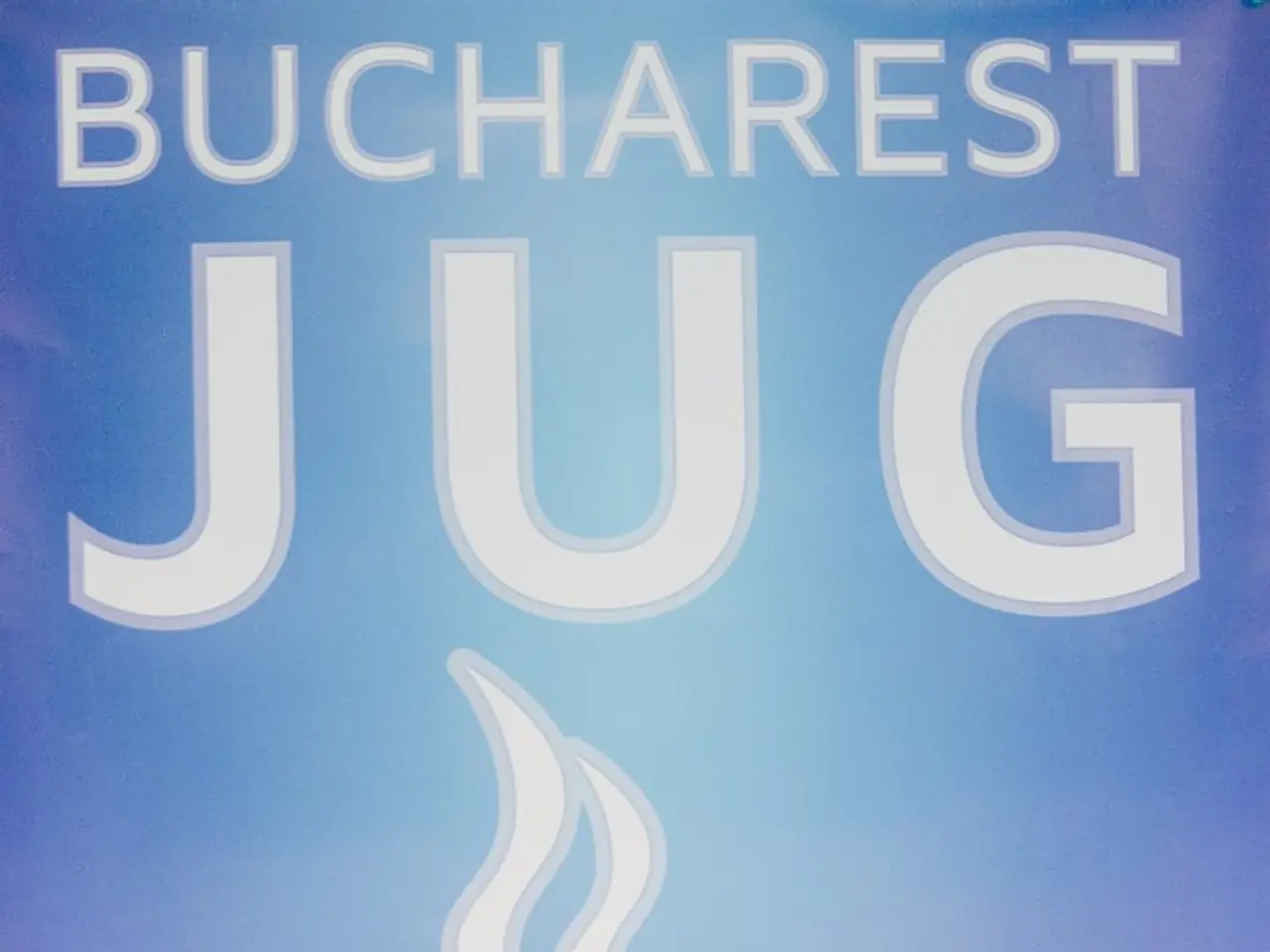Accessing Tokenized Equities through Top 5 Available Platforms
In a groundbreaking development, the tokenization of financial assets is poised to revolutionize the mainstream financial industry. This innovative approach offers the potential for 24/7 trading, faster settlement, lower costs, increased liquidity, transparency, and global accessibility.
Leading players in the financial sector, such as eToro, Robinhood, Coinbase, Kraken, and Gemini, are gearing up to unlock tremendous opportunities for their users. By bringing the benefits of 24/7 access, global reach, transparency, and programmability to one of the world's largest and most regulated asset classes, these platforms aim to modernize traditional financial rails and offer a frictionless experience in one place.
Gemini, for instance, has already made strides in this direction. Its tokenized stocks, known as dShares, are currently available on the Arbitrum network, with more networks to be supported soon. Meanwhile, Kraken is offering over 60 tokenized US stocks and ETFs to its European users through Backed Finance's xStocks platform, which is built on the Solana blockchain.
The tokenization trend is projected to be worth multi-trillion dollars in the coming years, with real-world assets (RWA) such as art, real estate, intellectual property, bank deposits, bonds, stocks, funds, experiences, and more, all potential candidates for tokenization.
Robinhood, an online brokerage, has announced that its EU customers will be able to trade tokenized stocks with zero commissions. eToro, a multi-asset investment platform, will soon begin offering its clients access to tokenized stocks as well.
The regulatory environment for true tokenization of equity shares in the US is clear. Tokenized equity shares are regulated as securities under federal securities laws, meaning they are still treated as traditional securities regardless of being represented on a blockchain or tokenized. The SEC has emphasized that blockchain technology does not change the fundamental nature of the underlying asset.
Key points about the regulatory environment for true tokenization of equity shares in the US as of mid-2025 include:
- The SEC, led by Chair Paul Atkins and Commissioner Hester Peirce, stresses that tokenized shares qualify as securities and thus must comply with federal securities laws, including disclosure requirements and registration unless an exemption applies.
- Initiatives like "Project Crypto," launched in July 2025, aim to modernize securities regulations to explicitly incorporate on-chain securities trading, tokenization of common stock, bonds, partnership interests, and enable trading on decentralized finance (DeFi) platforms without a central intermediary.
- The SEC encourages market participants to seek guidance from the Commission and use interpretive/exemptive relief mechanisms to comply with existing laws while fostering innovation.
- Federal preemption is urged to harmonize state laws, such as New York’s BitLicense, with federal securities law, to prevent inconsistent regulations that could stifle innovation in tokenized securities markets.
- Regulation for intermediaries such as brokers and dealers trading tokenized securities requires SEC registration and adherence to SEC oversight.
- The recently released White House Crypto Report (July 2025) and related legislative efforts emphasize applying existing securities law frameworks (including the Howey test) to digital securities and call for the SEC and CFTC to coordinate on clarifying registration, custody, trading, and recordkeeping for tokenized securities.
In summary, true tokenization of equity shares in the US is firmly subject to the same federal securities laws as traditional equities, and efforts are underway to update regulatory frameworks to accommodate blockchain technology and DeFi trading models without lowering investor protections. Tokenized equity shares are not considered a new asset class exempt from these regulations, but rather a technological form of a security.
The growth of tokenized RWAs has been tremendous, with the total value going from about $2 billion at the beginning of 2022 to reaching $25 billion. Traditional financial institutions like JPMorgan Chase, Goldman Sachs, BNY Mellon, UBS, Citi, Visa, BlackRock, and Franklin Templeton are deploying capital in the blockchain industry.
Notably, Gemini has started offering tokenized stocks for EU customers, with new ones being added constantly. Coinbase plans to offer its users everything they want to trade "in a one-stop shop, on-chain," including tokenized stocks, early token sales, derivatives, and prediction markets. Robinhood's push into RWA also involves its own tokenization-focused L2, which is currently in development.
As the financial landscape continues to evolve, the integration of blockchain technology and tokenization is set to reshape the way we trade and invest, offering increased efficiency, transparency, and accessibility.
- Tokenized assets, such as stocks and ETFs, are being offered by leading financial platforms like Robinhood, eToro, Coinbase, Kraken, and Gemini, aiming to modernize traditional financial systems and provide a seamless investing experience.
- The total value of tokenized real-world assets (RWAs) has experienced significant growth, rising from about $2 billion at the beginning of 2022 to $25 billion, with traditional finance giants like JPMorgan Chase and Goldman Sachs actively investing in the blockchain industry.
- Education and self-development resources are essential for understanding the implications of technology in finance, as the tokenization trend in lifestyle, entertainment, general news, sports, art, real estate, intellectual property, bank deposits, bonds, funds, and experiences continues to expand.
- The regulatory environment for the true tokenization of equity shares in the US, guided by the SEC, ensures that these tokenized securities comply with federal securities laws, prioritizing investor protections while encouraging innovation in the decentralized finance (DeFi) sector.




